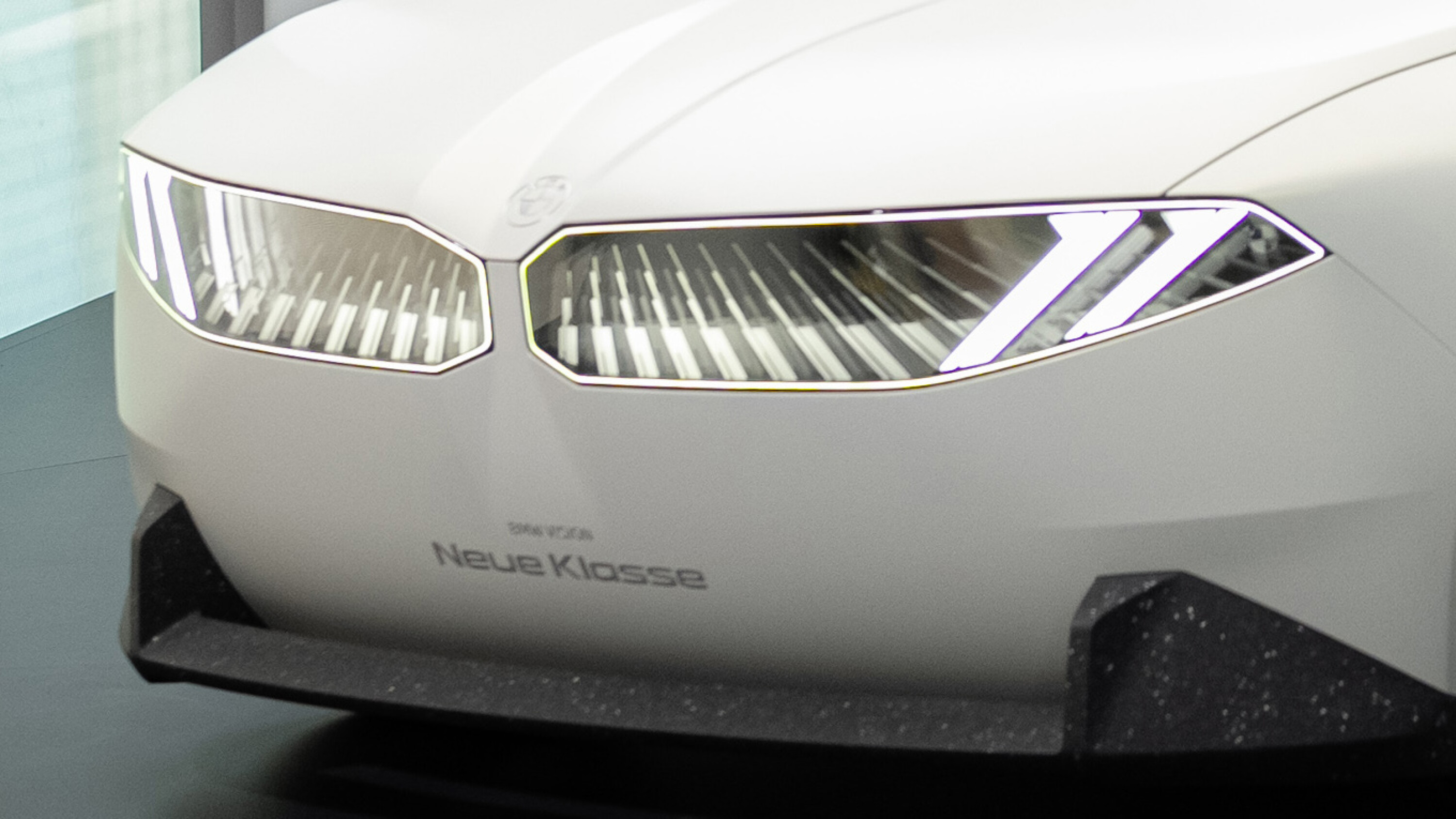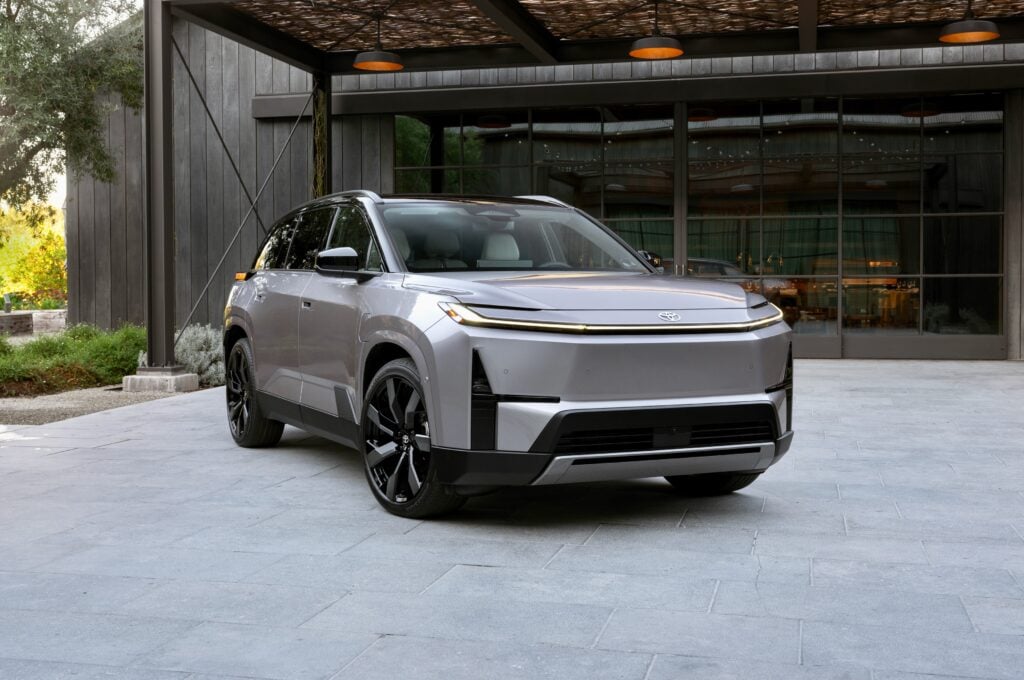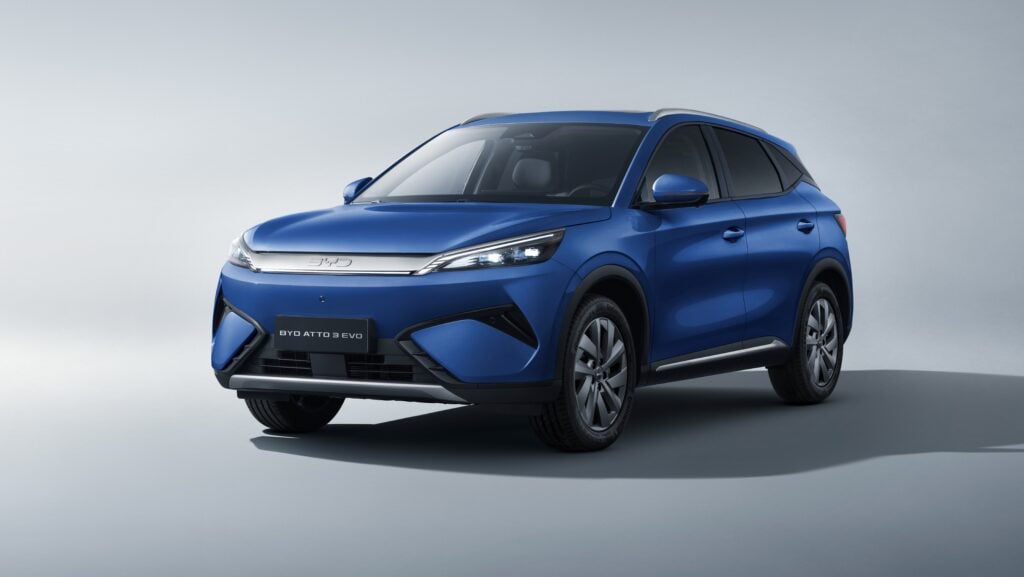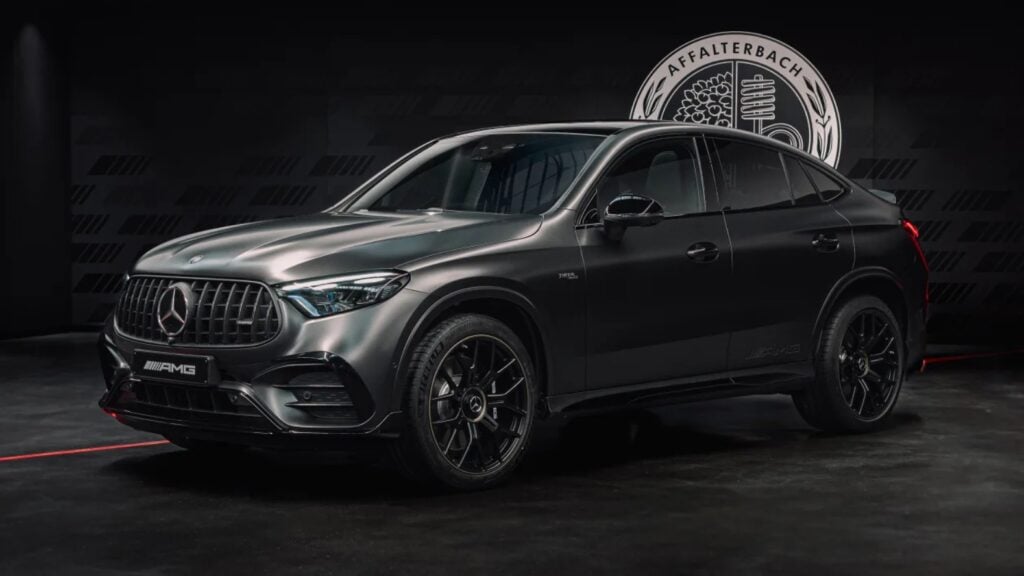Decarbonizing the value chain is a huge challenge.
As far as the Neue Klasse goes, BMW intends to increase the use of unmixed renewable mono materials by 40% over five years, reduce the number of parts by 20%, cut the weight by 25%, and introduce standardised joining and dismantling techniques – all in an attempt to help establish a new pan-European or even global set of rules for the upcycling of essential second-life raw materials.
Instead of light but expensive aluminium giga castings (select body parts constructed from two or three main components), the Munich-based firm has reportedly opted for a less energy-intensive and even stiffer steel-alloy compound matrix.
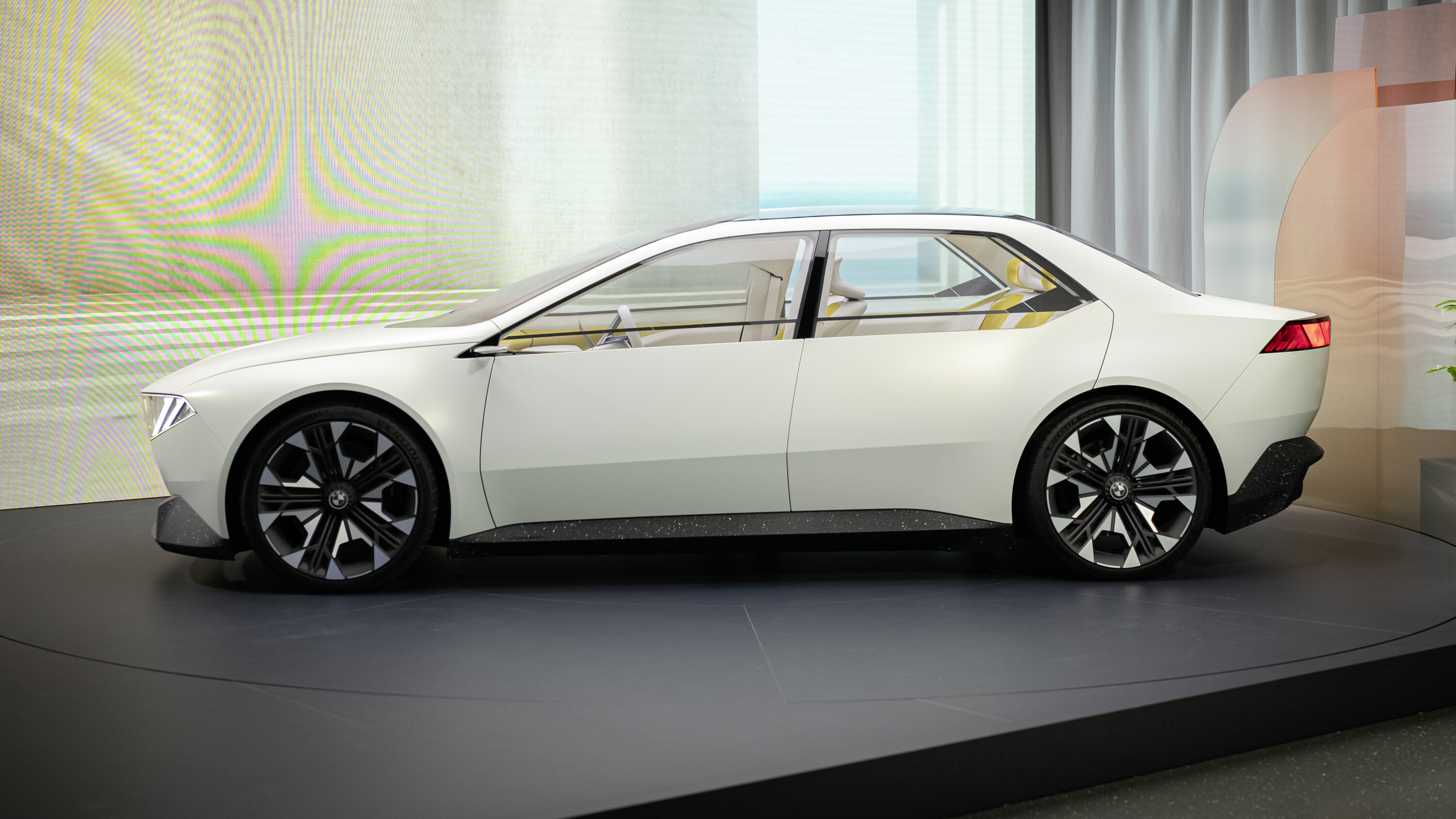
The monocoque concept and the cell-to-pack approach improve the space utilisation by 30% over the CLAR WE conversion architecture used for the 7 Series & i7, along with the X1/iX1 & X3/iX3.
And there are more numerical bullet points lighting the halo, like batteries with a 20% higher energy density, an average WLTP consumption of 13.0kWh/100km (against 16.1kWh/100km for the current i4 electric sedan), 30% faster charging, a 30% increase in range – and a 25% overall efficiency improvement, supported by a standard heat pump.
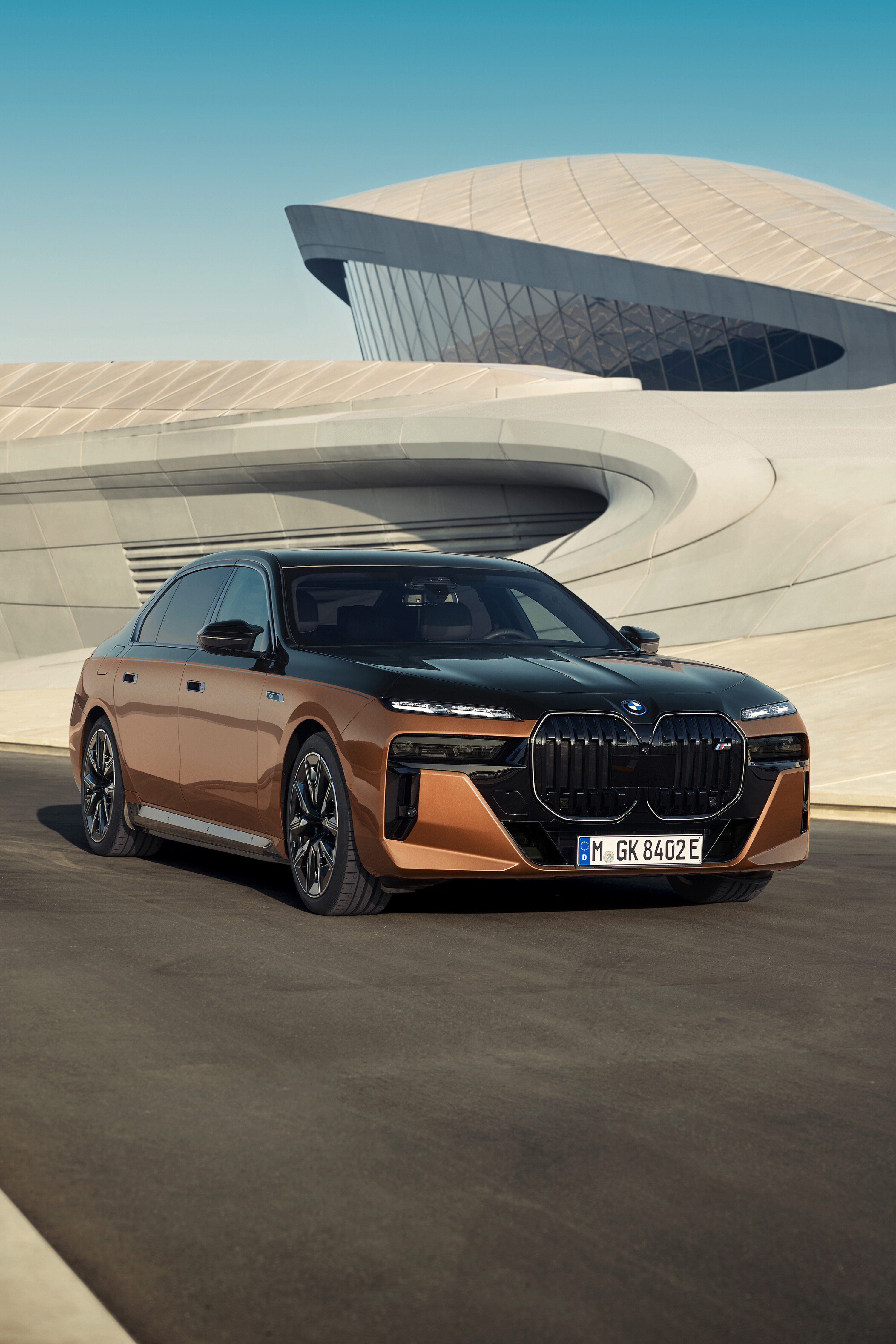
Can BMW further qualify that latter claim – improving overall efficiency by a huge 25%?
According to CTO Frank Weber, the key efficiency contributors are – in this order – powertrain, low rolling resistance tyres, aerodynamics, weight, wheel bearings and brakes.
The 800V Gen VI drivetrain marks the switch from prismatic to round LFP and NMC batteries, powering between one and four motors. With vented bottoms and a sandwich cooling system, they promise a superior thermal state.
The battery cells will be supplied to BMW specification by CATL (which also supplies Tesla), along with EDE and Northvolt from six plants in Europe, China and North America.
Thanks to a new electrical system and advanced performance electronics, it takes less than 12 minutes to bunker enough energy for the next 322 kilometres (200 miles).
To be built in ten different lean, green and digital ‘i Factories’ spread over three continents, the Neue Klasse is expected to feature a wide choice of battery and power output configurations. Although not yet announced, the initial range of scalable power packs is understood to be rated at 75, 90 and 105kWh.
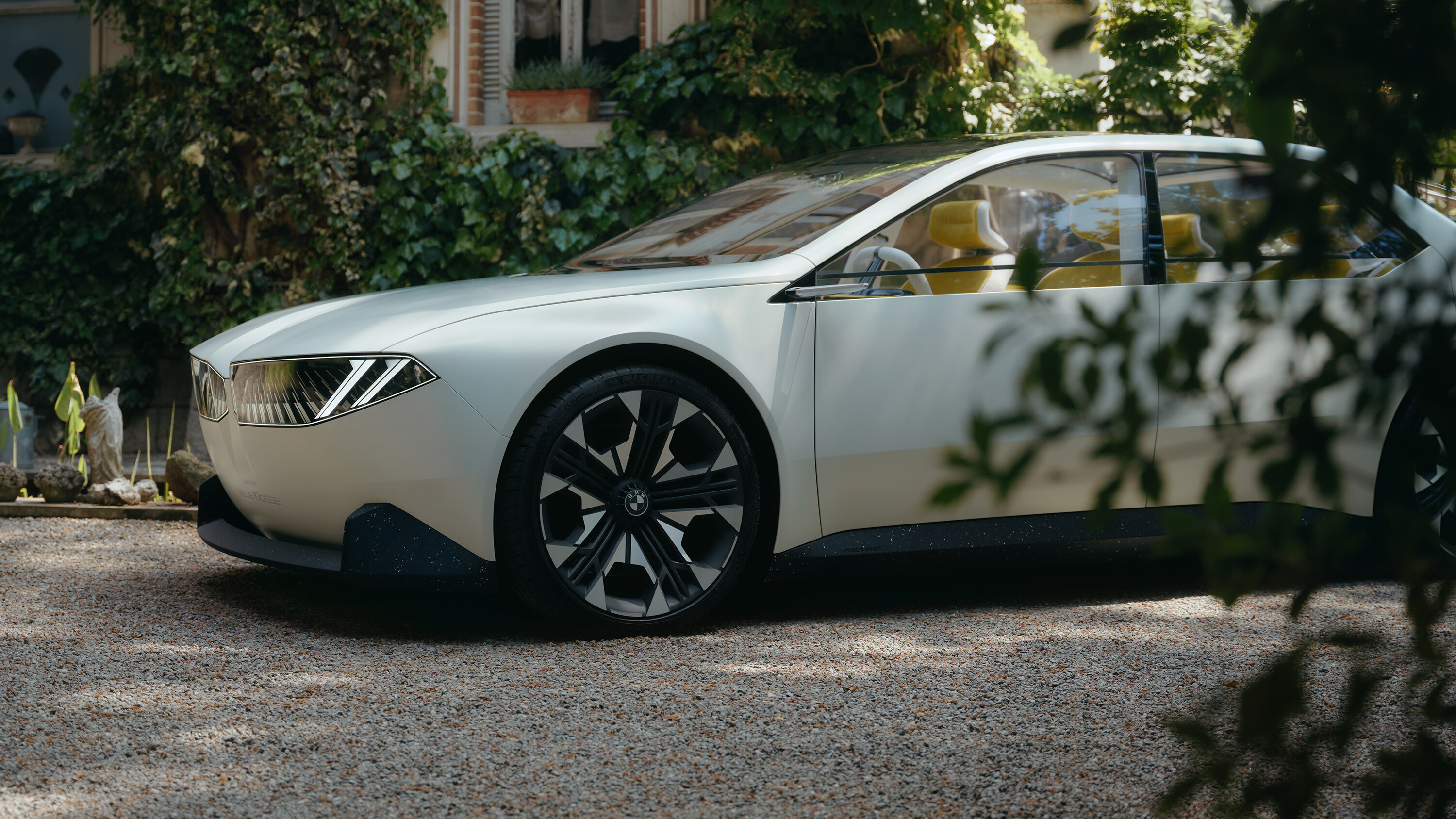
While the base single-motor rear-wheel-drive model should need no more than (223kW) 300bhp to fend off its main rivals, the four-motor all-electric M3 and M4 heroes might shatter the magic 1000bhp barrier (745kW) – more than enough to neutralise that battery-related 300kg-plus weight penalty.
Production in the brand-new i Factory in Debrecen, Hungary, is scheduled to start in November 2024 – but almost one more year will likely pass before the first cars arrive at dealerships.
More EV stories to help you choose the best car for your needs
- ? EV news, reviews, advice & guides
- ❓ Short & sweet: Your EV questions answered
- ⚡ New EVs: Everything coming to Australia
- ? Australia’s EVs with the longest driving range
- ⚖️ Best-value EVs by driving range
- ? How much do EVs cost in Australia?
- ? How much more expensive are EVs?
- ⚖️ Number crunching: Is it time to switch to an EV?
- ♻ Should you buy a used EV?
- ?️ Are EVs more expensive to insure?
- ? Costs compared: Charging an EV vs fueling a car
- ? EV charging guide
- ? Are there enough EV chargers in Oz?
- ?? EV servicing explained
- ? EV battery types explained
- ? When do EV batteries need replacing?
- ? Hydrogen v EVs: What’s best for Oz?
- ✋? Mind your manners! EV charging etiquette tips
- ? How sustainable are EVs, really?
MORE advice stories to help you with buying and owning a car
We recommend
-
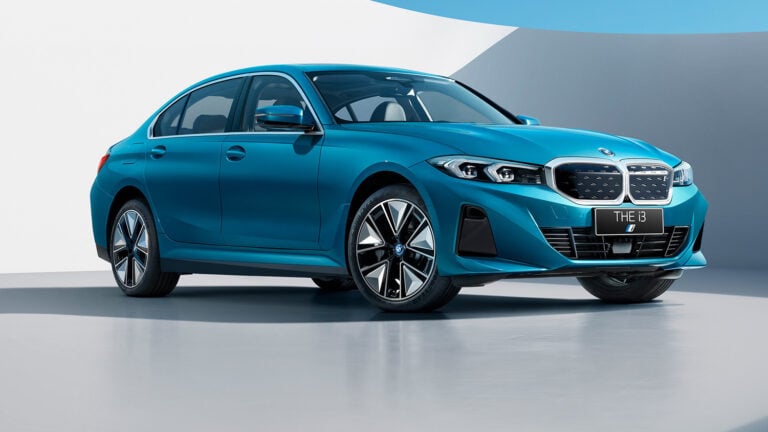 News
News2023 BMW i3: Electric BMW 3 Series revealed for China
BMW's latest electric offering is a new-generation i3 – except it's not entirely new, and it's not coming here
-
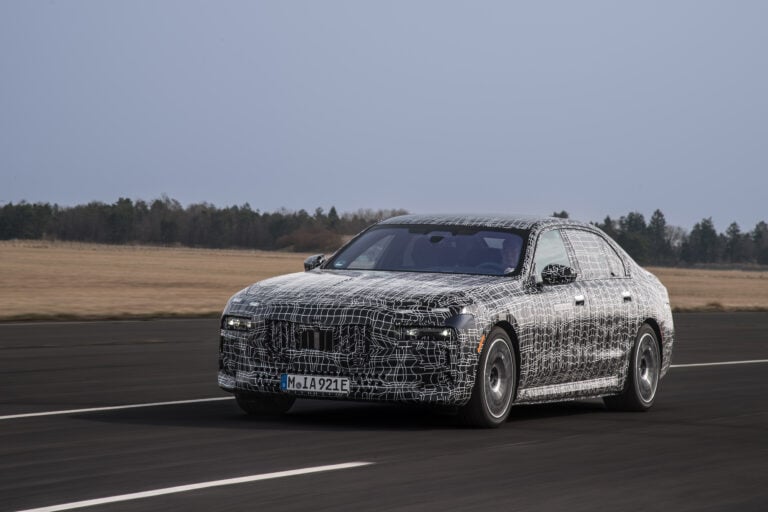 Reviews
Reviews2023 BMW i7 review: First prototype drive
Want new-age luxury and efficiency in an old-style wrapping? Enter BMW's all-electric i7 limo
-
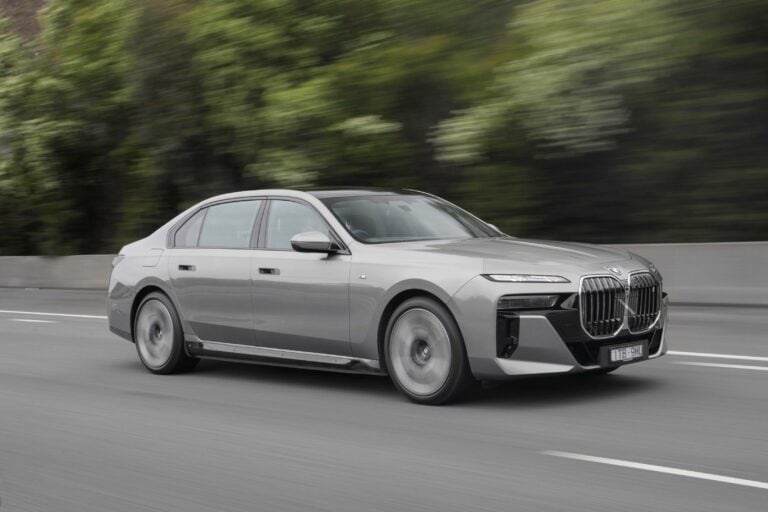 Reviews
Reviews2023 BMW 7 series and i7 launch: First Australian drive
As the first daring BMW limo since the 2001 E65, the seventh-gen 7 Series introduces a new styling direction, sizing rethink and limelight-stealing i7

